Merry Christmas
Merry Christmas to anyone stopping by. I hope the next few days are happy, memorable and relaxing.
Merry Christmas to anyone stopping by. I hope the next few days are happy, memorable and relaxing.
Continuing the series of shining a light on businesses that offer outside what is assumed to be in a local Aussie newsagency in newsXpress Candlewood in Western Australia. This business is close to the the Indian Ocean so it makes sense that their products have the beach flavour as you can see in these photos. This is a shop local visitors love for the gifts and other things they can pick up as a reminder of their trip.
The other different is product price range. Many of these items are gifts beyond trinkets some think are in a newsagency.




newsXpress Candlewood is a good example of a business that has transitioned beyond what many journalists and others think of as the local Aussie newsagency. It’s a testament to Julie and the team for what they have created is relevant locally and certainly not the traditional old-school newsagency.
I am grateful to newsagents like Julie for sharing photos so I can share them here, to reinforce the pitch that the local Aussie is not what many people think it is.
newsXpress Bairnsdale was your local traditional newsagency, and then things changed. Now, it’s a vibrant gift shop attracting not only local shoppers, but people from outside of town, as well as online – from interstate. David (Tas as he likes to be called) and the team are constantly innovating. During Covid, they pivoted to creating personalised gifts and doing so very well.
Here are some photos of the business that speak to it as a business outside of what many in Australia would consider a Newsagency. Remember, I am sharing these photos to combat the assumptions too many Aussies, including journalists, tend to make about the local newsagency.

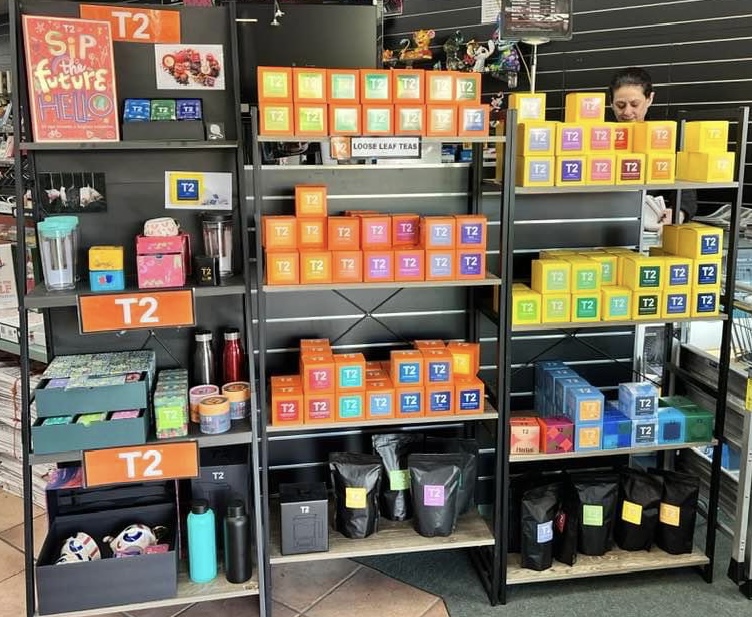

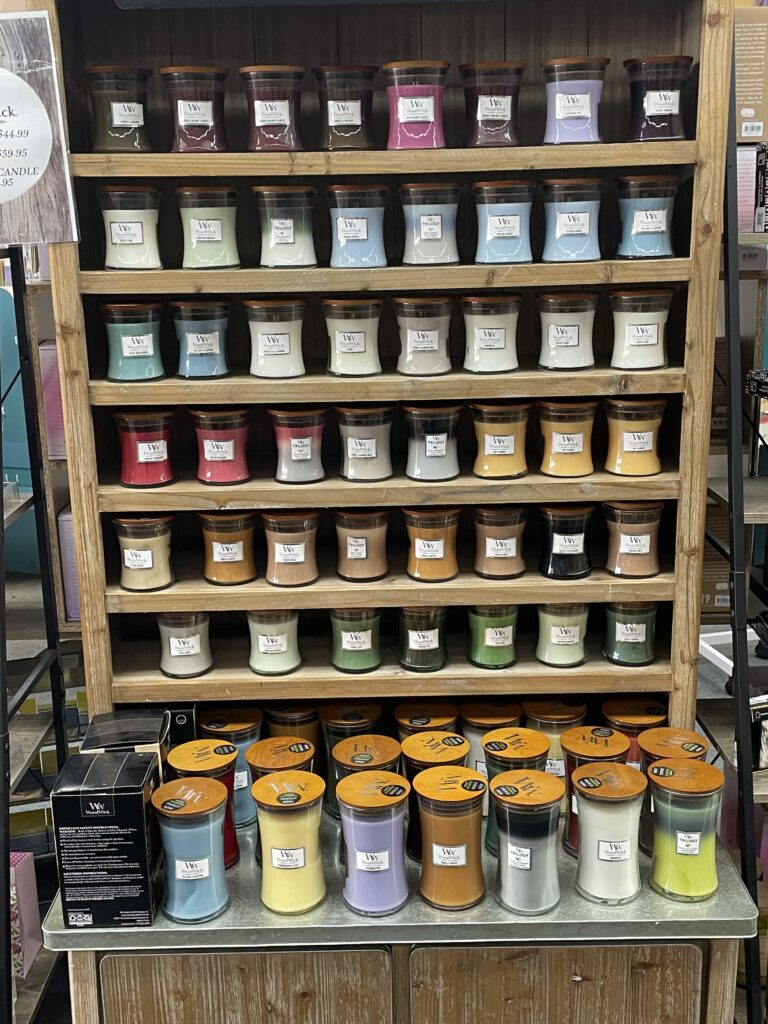
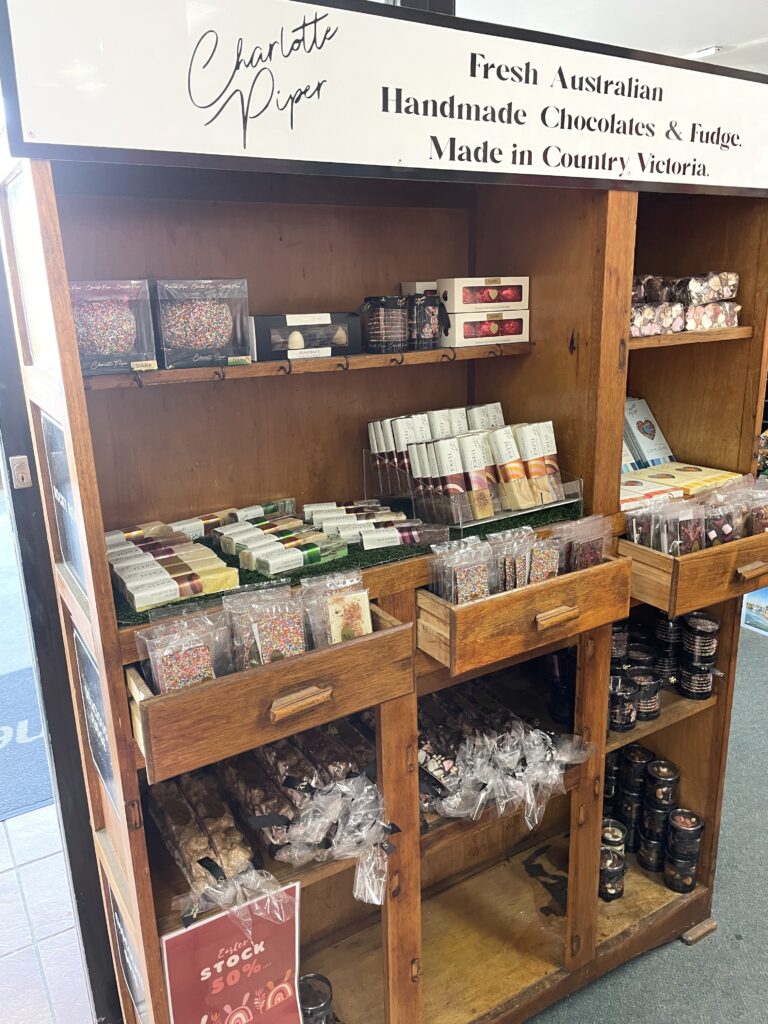
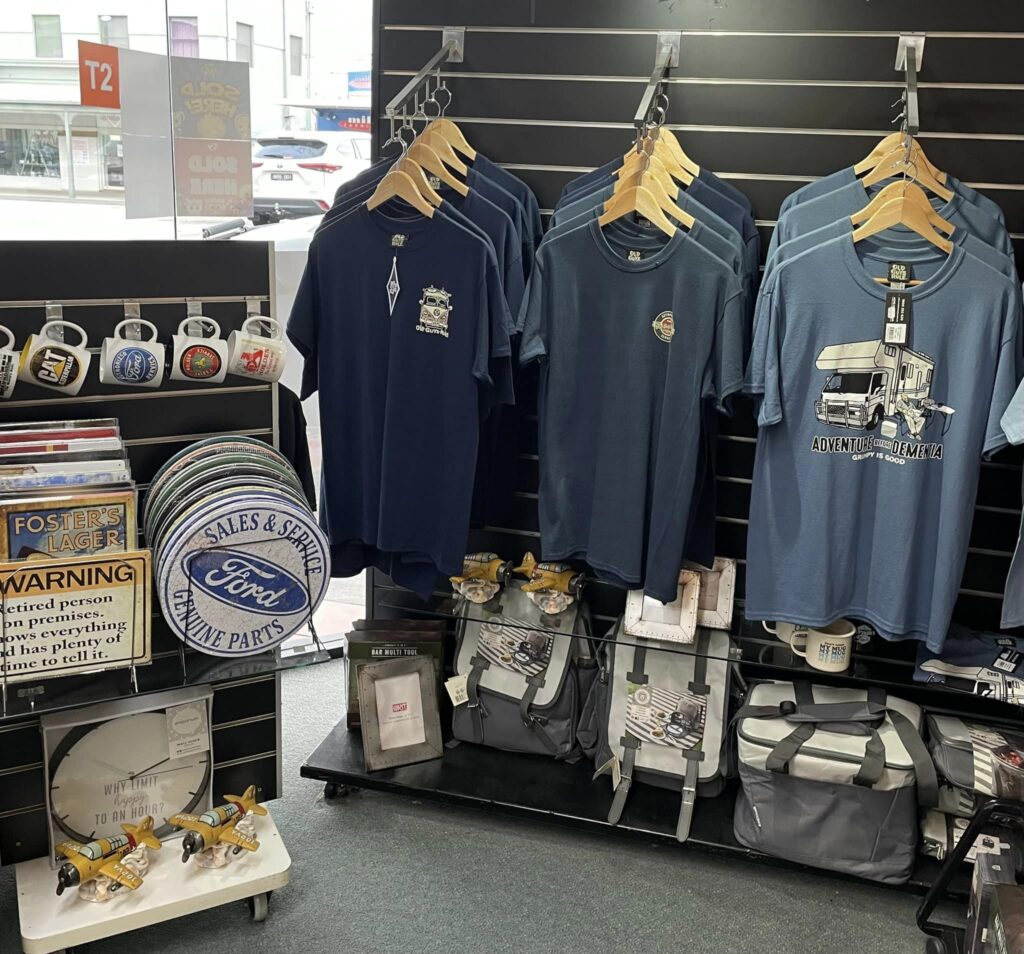
Thriving local Aussie Newsagency are not what they used to be, as these photos show. newsXpress Bairnsdale is in a regional Victorian town, far from Melbourne, and on the road to New South Wales. back in the day it would be traditional, but now it has to be innovative retail, and it is. It’s a testament to the vision and work of David and the entire team in the business.
What makes this business even more interesting is that it does not have lotteries – a further break from the traditional.
Randalls newsagency in Bourke New South Wales is a perfect example of innovative retail in our channel, offering products outside what has been traditional for the local newsagency business, and taking that diversity online to reach shoppers far away from Bourke. In a town of less than 2,000 that is 800km from Sydney, here you have inspiring retail.
Nancy and the team at Randalls newsagency and their website, Back O Bourke Collective run an awesome business, a business that challenges what we think of as a newsagency.

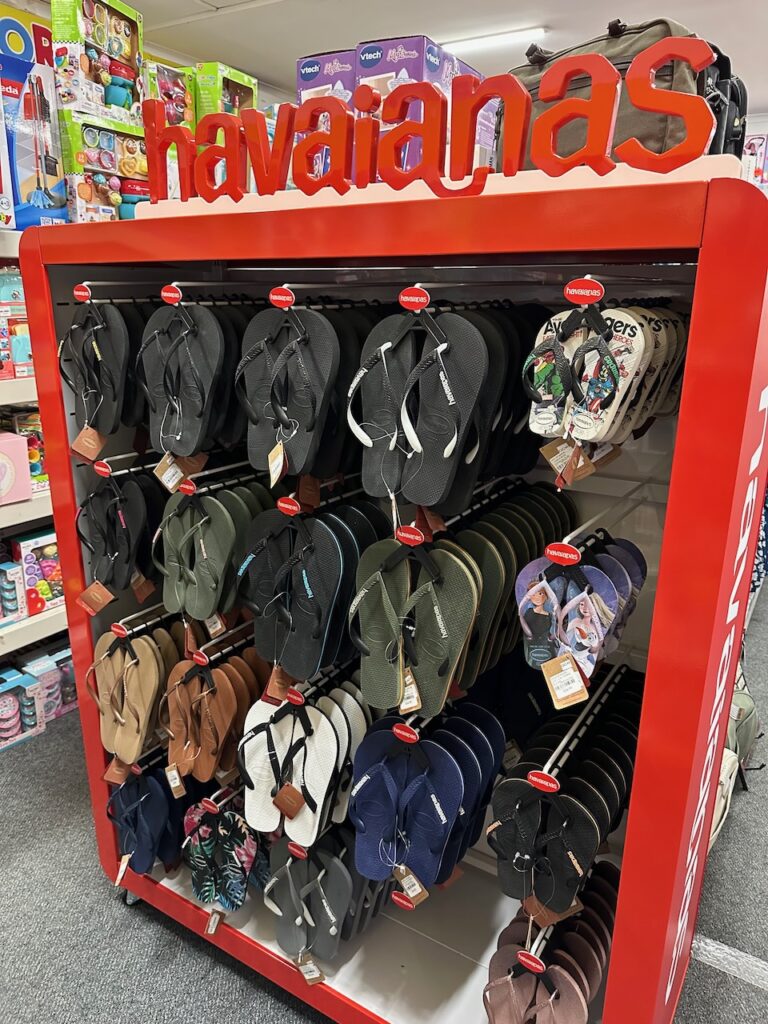
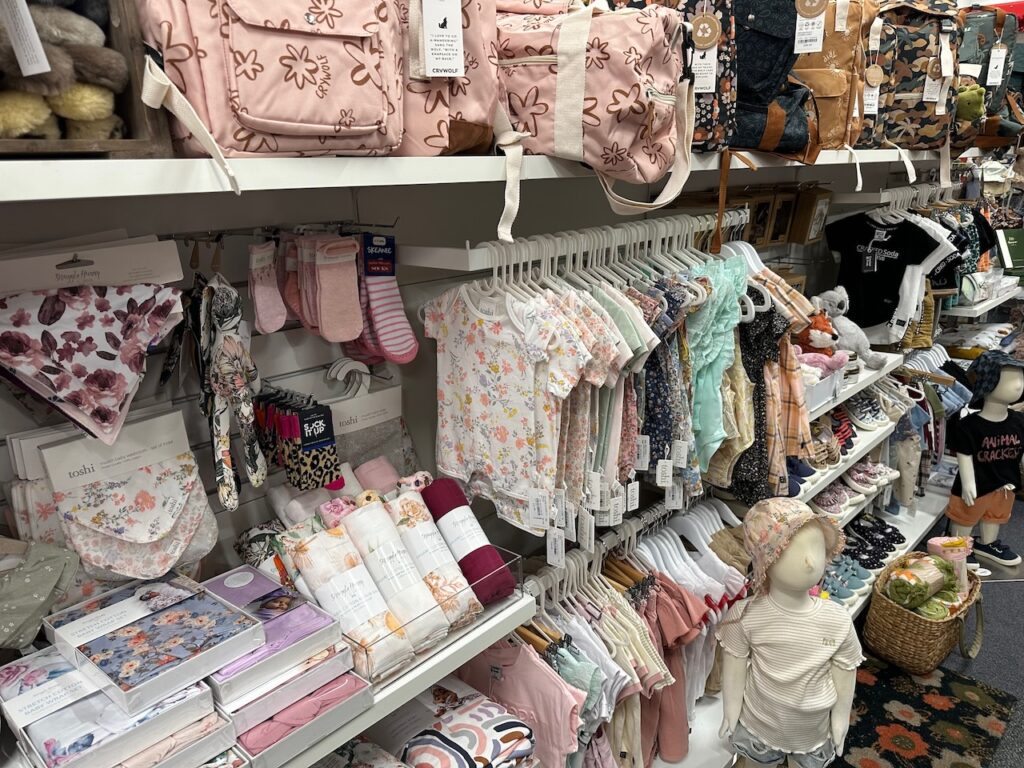
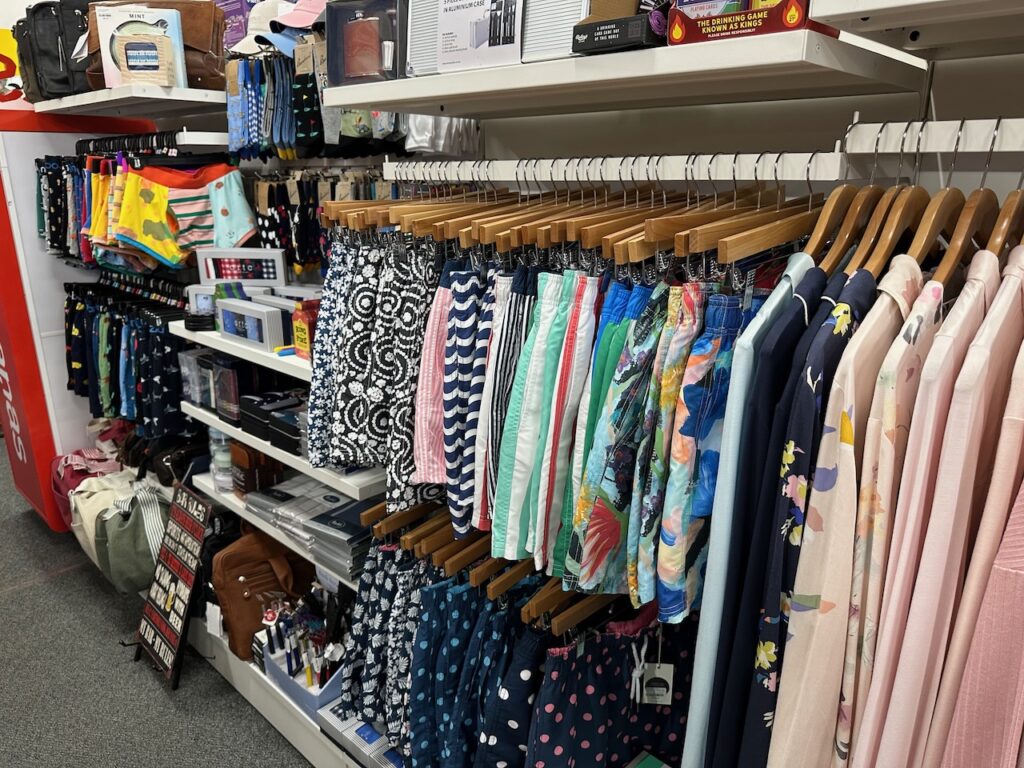
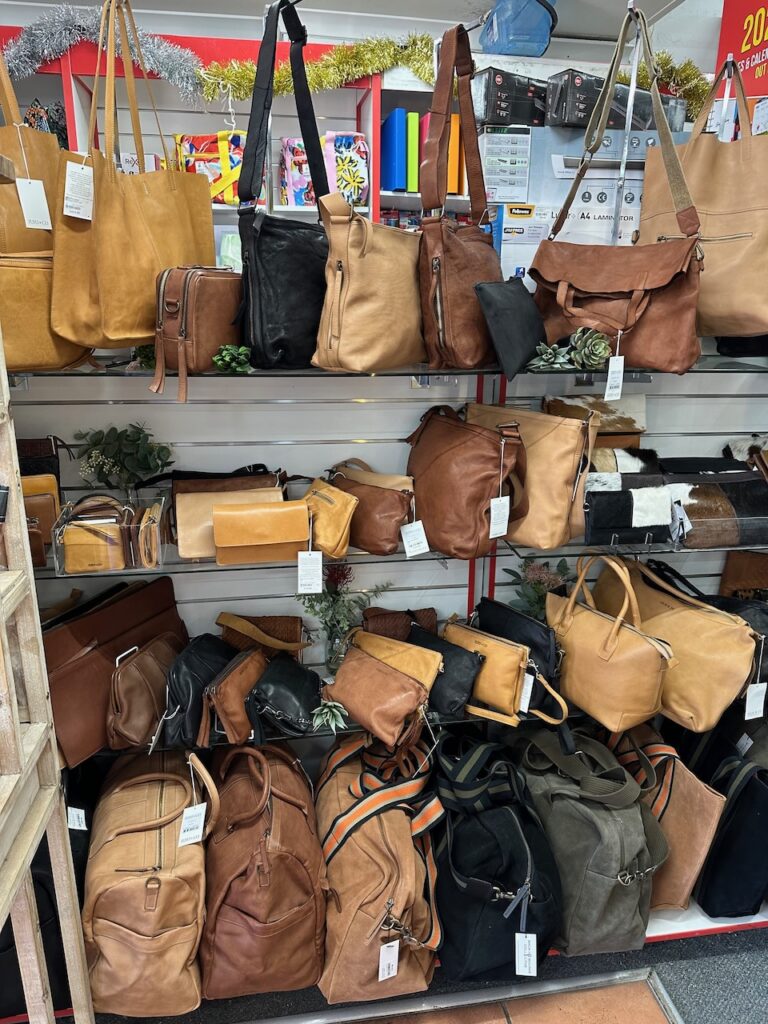

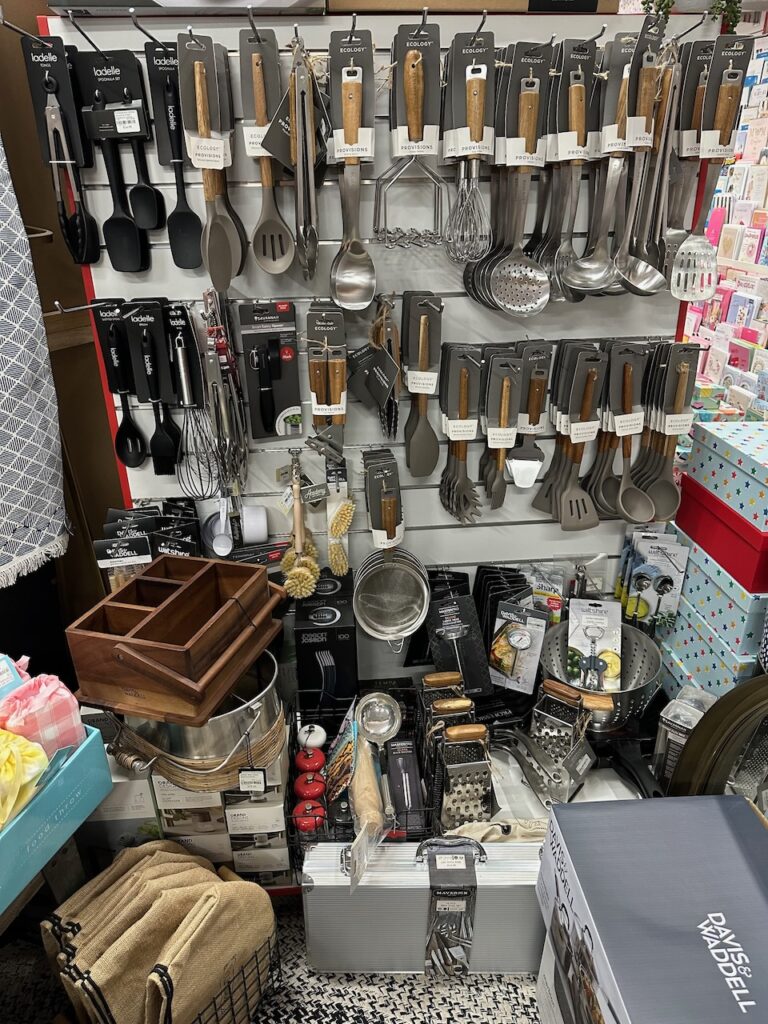
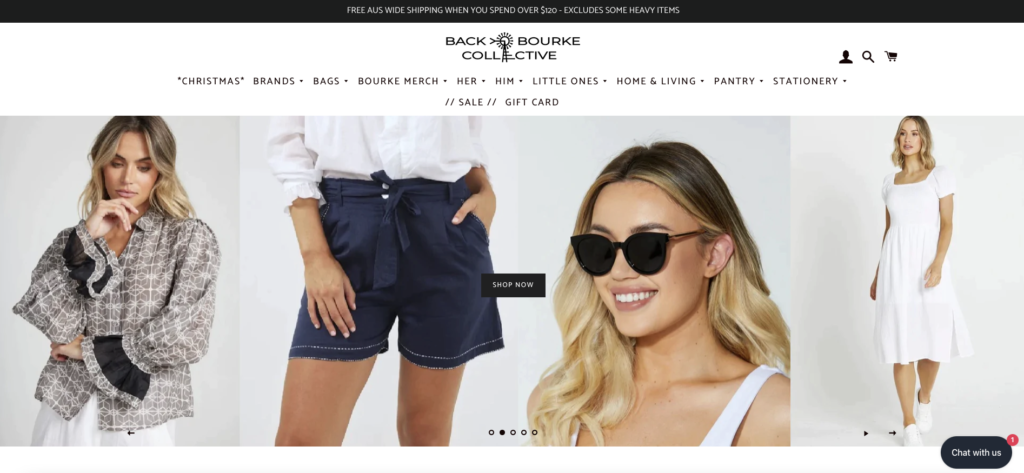
This series is about showing journalists and others that the local Aussie newsagency has changed and while, for sure, there are some running old-school newsagencies rooted in the 60s and 70s, many have transformed their newsagency businesses to be fresh, inviting and vibrant. many are running local newsagency businesses that are changing, evolving, meeting new opportunities.
This is retail in 2022 and beyond, especially local retail, and even more especially local newsagency retail.
The Aussie newsagency channel was created in the 1880s to deliver news publications to the goldfields of Victoria. For decades ours were agency businesses, doing the bidding of the companies for which we were agents. It is only in the last 20 years that some in our channel decided to be retailers rather than agents.
Today, the newsagents who are growing their businesses are retailers first with either no agency business or modest agency business that does not dominate what they do in their businesses.
The local Aussie newsagency has come a long way from what Aussie journalists and others think of us as. The more show how far we have come, the better. This series is about shining a light on some good examples of this, some good examples of retail newsagency businesses that are quite different to what people expect when they think of the classic Aussie newsagency.
Shops like Randalls newsagency in Bourke NSW are a beacon not only for retail newsagents but for local retail more broadly. They are showing that location and size do not matter. They are showing that you can grow by thinking outside of the physical boundaries of your local town.
Whether it is in-store online, there are no borders to what a local newsagency can be, and this is exciting.
What is the future of the local Aussie newsagency? Well, that is up to each newsagent, each retailer in the channel. There is no channel-wide problem. rather, there are thousands of local retailers making decisions every day that will determine the future, and from where I sit, with what I get to see from many colleagues, the future is bright.
Too many journalists and too many Australians think of the local Aussie newsagency as a paper shop selling magazines, lottery tickets, cigarettes, lollies and stationery. That may have been case twenty or more years ago. Today, it’s different, the local Aussie newsagency is different. A good example of how different is newsXpress Numurkah in Victoria. In this small town of under 5,000 people you can find newsXpress Numurkah, a wonderful and vibrant shop, which is also home to a terrific online baby shop.
These photos tell the story of a vibrant and attractive retail created by Andrea and the team:






The mix of products and price-points plays against out of date assumptions too many make about what a local Aussie newsagency stock and offers.
newsXpress Numurkah is also an excellent example of excellent retail in our channel in regional and rural Australia. The whole team in the business should be proud for their representation of the local newsagency in Numurkah.
newsXpress Parks is a gift and homewares beacon in this town in Parkes, 5 hours from Sydney. Greg, Christine and the team have been leaders in the newsagency channel in gift retailing, playing outside of what has been traditional in a newsagency for more years than most. And, it’s paid off. This shop looks nothing like what many Aussies would expect to see in a newsagency.



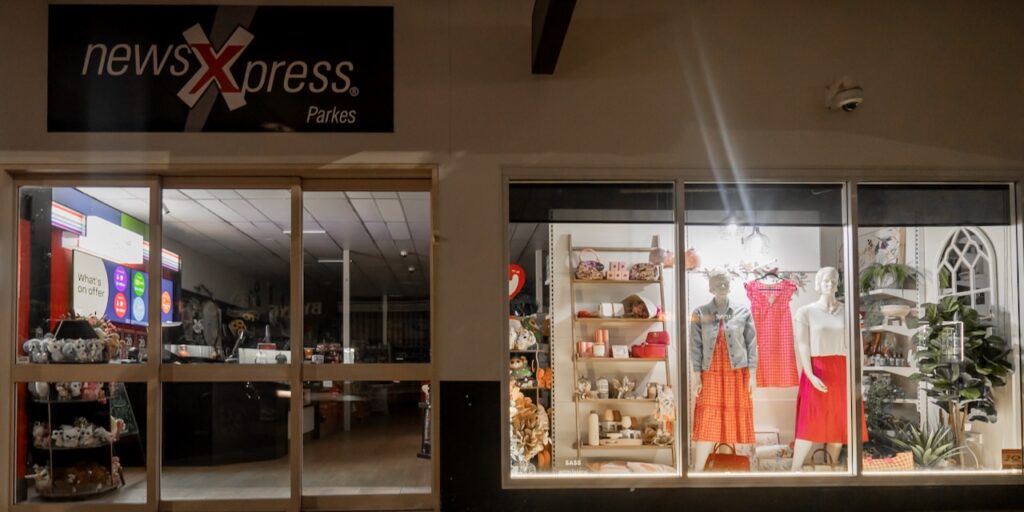
Like they say, a picture is worth a thousand words. These photos from newsXpress Parkes show a transformed, vibrant and appealing retail newsagency serving a regional town in NSW.
I hope suppliers are looking at these photos, especially if they think they have products ideal for a newsagency business.
We are seeing more and more retail newsagecies like this one in Parkes, and it’s inspiring!
newsXpress Highlands Marketplace in Mittagong NSW not what Aussies expect a newsagency to be like. There are wonderful gifts, fun gifts, offering locals shopping opportunities they are enjoying. Jenny and Craig and the team curate a wonderful selection of gifts and homewares, attracting shoppers from around the area. What’s terrific about this business is that it is perpetually evolving.
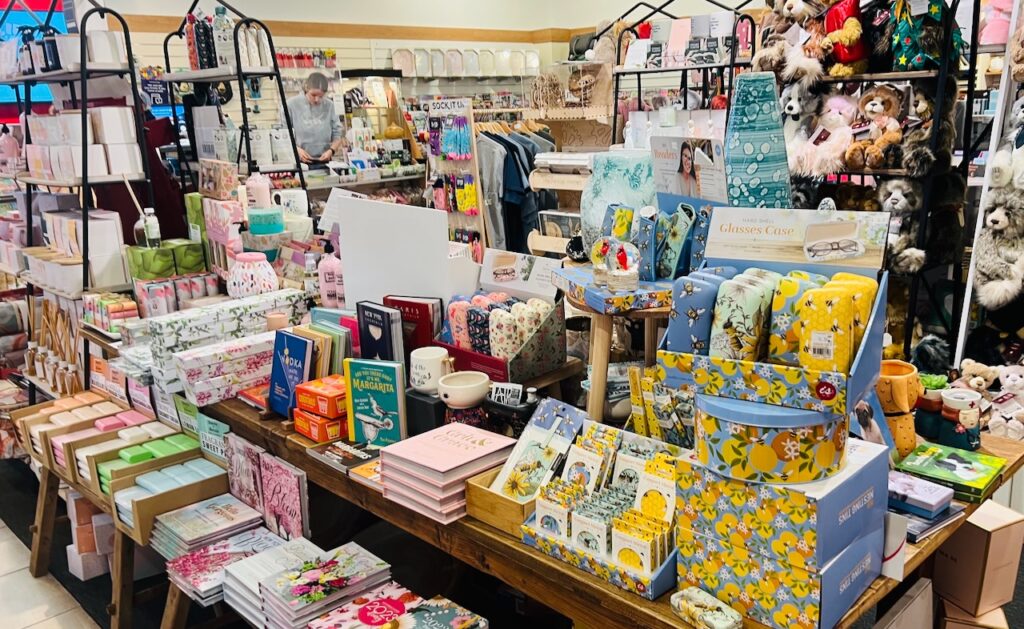

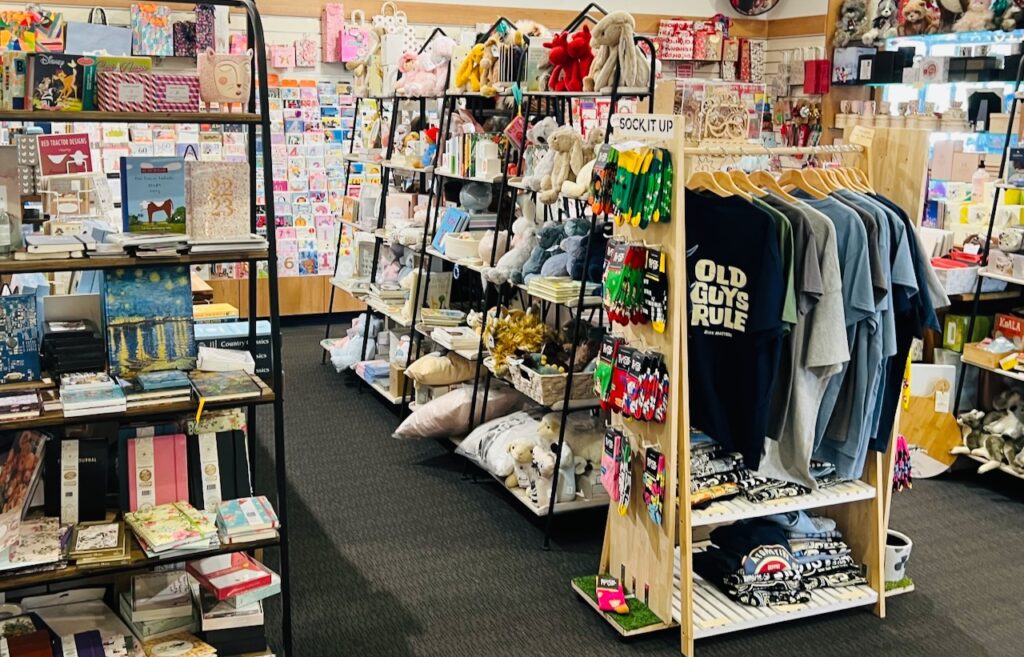



The diverse range of products are key to the success of this business in attracting shoppers outside the usual newsagency shoppers that we may think of.
For decades, the Aussie newsagency channel sold what what it was sent by suppliers. In the 1990s this really started to change, with some newsagents embracing being retailers. That transition is a challenge, and some are yet to make it in Australia.
The team at newsXpress Highlands Marketplace were early adopters and their business speaks to this and their commitment to chasing change.
newsXpress Leven in Ulverstone Tasmania has transformed from a traditional local newsagency into a thriving gift destination for locals, tourists and people from outside of town who appreciate the range on offer and the service. Sharene and Wayne have transformed what was a traditional newsagency business from decades ago into this fresh and appealing shop. And, yes, this is a local newsagency …





When we read news articles about newsagency businesses they tend to be rooted in years gone by, and the photos accompanying such articles reflect businesses that look nothing like I am sharing here. It is frustrating in that our channel has many newsagency businesses embracing change and offering retail experiences outside of the traditional we read too often about.
newsXpress Leven is testament to the willingness of Sharene and Wayne to seek out and embrace change. It’s a newsagency for sure, but much much more than that.
One thing to especially notice about this business is the fitout. They have done this themselves. Brilliant!
Mount Lawley News in Western Australia is a small shop located a ten minute or so drive from Perth CBD. I mention that to reflect that this shop is surrounded by competition.
What was a traditional newsagency has been transformed by new owners Matt and the team over the last year. This is a good example of what I’d love journalists and other who talk or write about Australian newsagencies to think of.

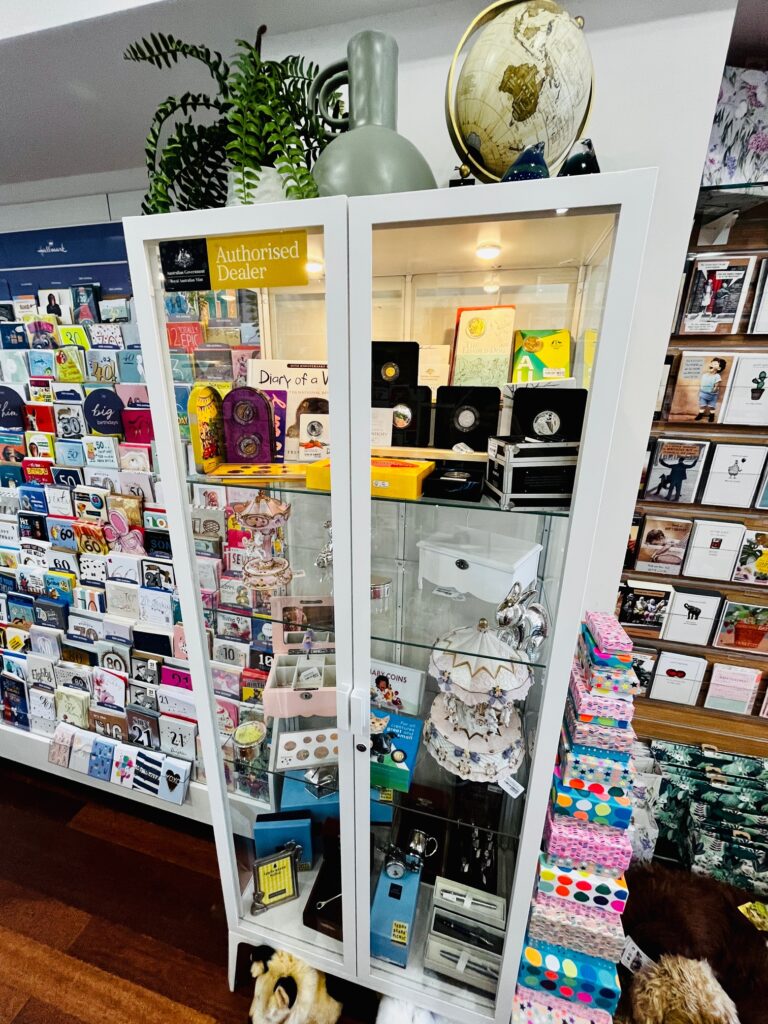


What an awesome looking business.
A year ago this shop looked very different. Today, it is attracting new shoppers. New shoppers are the lifeblood of retail. Better still, the change in mix of products drives a change in the GP% of the business. These are factors that play into the strength and value of a newsagency, or any retail business for that matter.
We see too many stories about newsagencies closing. Sometimes, photos accompanying those stories do not reflect the best practice retail we are seeing from plenty of newsagents, like Mount Lawley News.
Take a look at part of the Christmas story at newsXpress Sarina, located half an hour out of Mackay in Queensland. Sarina has a population of 5,000. The shop is a stand-out in town for Ita range, and its retail innovation.





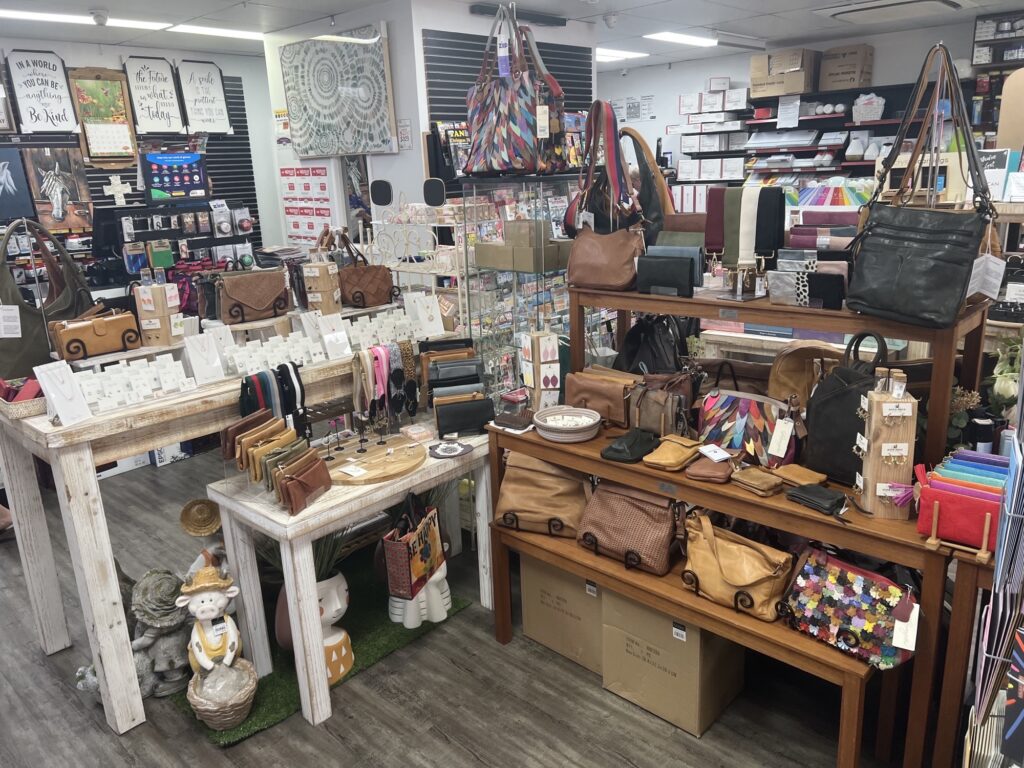
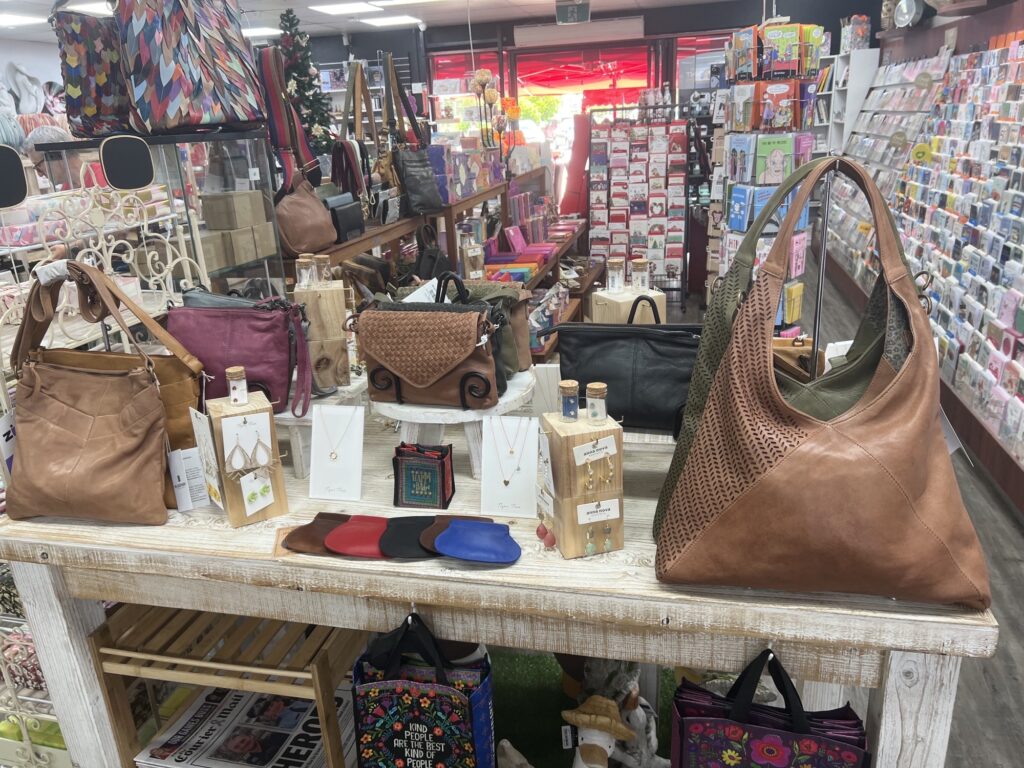
What a joyful shop to shop!
Too many journalists and too many Aussies think of a newsagency as we were twenty or more years ago. Times have changed for many, thankfully. Many newsagency shops today are innovative, inviting and thriving!
What Shelley, Mark and the entire team at Sarina does is excellent, best practice retail. Their shop attracts people from out of town. years ago, theirs was a more traditional shop. They have made it what it is by leaning into change.
newsXpress Sarina is a good newsagency journalists and others need to think of next time they go to talk down our channel.
The Angler’s Almanac and the SE Queensland Tide Guide will not be published for 2023 and beyond, which is a blow for keen anglers and for retailers who serve them.

These special interest titles were loved by those who bought and used them, and they’d always find them no matter where they were placed in the shop.
This is not an end of the world post. Rather, there are better, more efficient and accessible, ways through which to provide access to this information.
Thinking about the recent Lotterywest survey of retailer confidence, salesforce has released a results of a study undertaken in partnership with the Australian retailers Association:
New research reveals retailers remain confident in the face of economic uncertainty
Retailers prepared to retrain sellers for a new reality of rising inflation, supply chain bottlenecks and regulatory uncertainty, according to new research from Salesforce
Australia, 12 December 2022 – Salesforce, the global leader in CRM, today released the fifth edition of its State of Sales Report, in partnership with the Australian Retailers Association (ARA), which reveals 83 per cent of ANZ retailers have strong confidence in their organisation’s ability to close deals despite changing social and economic conditions.
The report, which surveyed nearly 8,000 sales professionals worldwide including 135 sales leaders, managers and representatives who work in the retail and consumer goods sectors across ANZ, uncovered how sales teams are adapting to evolving external challenges and customer demands to drive efficiency, productivity, and success now for their business.
It found 78 per cent of ANZ sales leaders say selling is harder than it was two years ago, with unpredictable market conditions, competition with other businesses, and changing customer expectations amongst the biggest challenges to sale’s teams overall goals.
Yet despite ever-changing market conditions, retail sales professionals are prepared for the future. Eighty-two per cent of sales professionals are very confident in their organisations growth strategy over the next year, with 81 per cent feeling confident that on the whole their organisations are able to retrain or reskill their sales workforce for today’s new economy – with a renewed focus on productivity and efficiency.
Commentary on the report
Jo Gaines, Area Vice President for Retail and Consumer Goods, Salesforce said:
Paul Zahra, CEO, Australian Retailers Association said:
Methodology
Data in this report is from a double-anonymous survey conducted from Aug. 24, 2022, through Sept. 30, 2022. The survey generated 7,775 responses from a range of sales professionals from across North America, Latin America, Asia-Pacific, and Europe. All respondents are third-party panelists.
About Salesforce
Salesforce, the global CRM leader, empowers companies of every size and industry to digitally transform and create a 360° view of their customers. For more information about Salesforce (NYSE: CRM), visit: www.salesforce.com/au.
For more information
Download the full State of Sales report.
I my newsagencies we sell high-end delicious chocolate treats. The challenge is that people don’t know how good the chocolate is unless they try it. So, we regularly cut up some treats for tasing: chocolate, fudge, rocky road, and more. Each time we do this, the products sell.

Of course, we do it in a safe way, and we don’t push. What you see in the photo is at the counter, and people help themselves.
Darrell Lea were strong on takings back in the 1990s. I think it was a requirement, but I may be wrong on that. Certainly, back then, it worked a treat. And, we have done it since with other chocolate and candy makers.
It has worked very well. I highly recommend it.
Oh, and we don’t sell any everyday candy or chelate you can buy at the supermarket or a convenience store.
While the sample size is small and the results only cover WA lottery retailers, the survey results on business confidence are interesting. Kudos to Lotterywest for undertaking this survey.
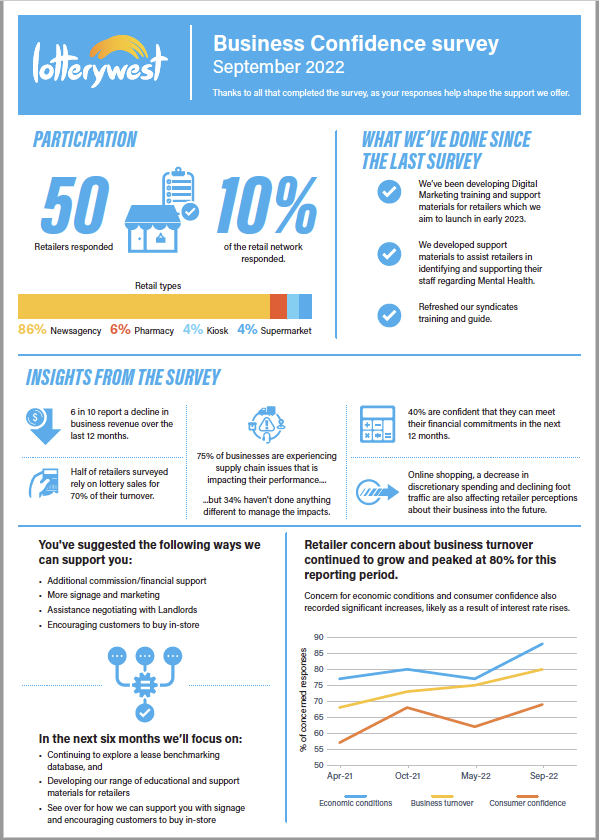
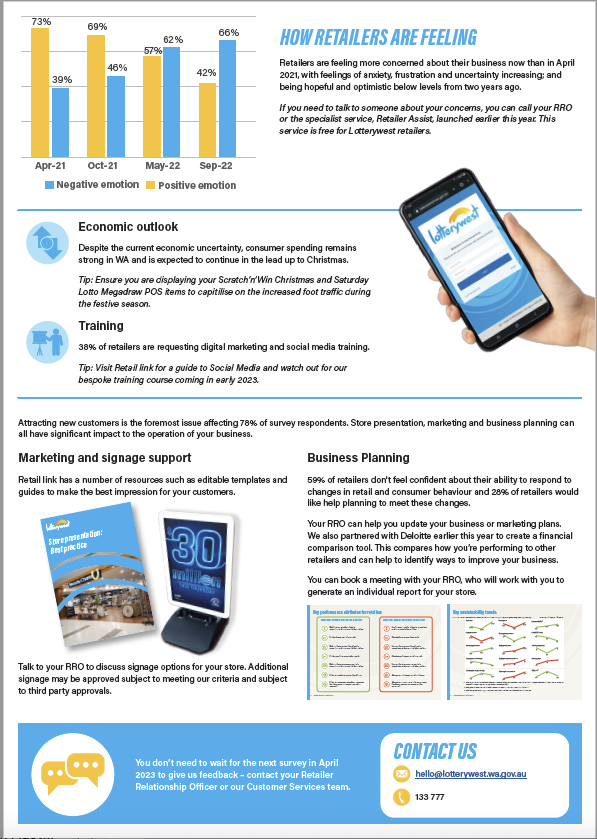
It is useful to see what others in your channel think.
It frustrates me when people say something is available in all good newsagents so imagine how frustrated I am at this:
Festive spoiler. The Maserati resurgence continues as the MC20 fends off Ferrari, McLaren, Porsche et al to win the hallowed @evomagazine eCoty title. Latest issue out now at all good newsagents. And some less good ones. #maserati pic.twitter.com/qSj098fskA
— Mike Gale (@mikegaleuk) December 8, 2022
And some less good ones. FFS!
Looking at data from a small number of shops that specialise in calendars, the 2023 season is off to a good start. Depth of range, as always, is key to success.
This is the front of store range in one of my shops as at yesterday.

Social media is also key to success with calendars. Posts featuring photos of special interest titles can be shared multiple times.
I mention calendars today this used to be a category newsagents owned. Now, too many have moved away from it. But, with a GP% of 60% and more, calendars are an excellent opportunity for Christmas gifts.
They will sell well into 2023 without discounting, which is also a win.
I know it’s not too late to get into 2023 calendars.
This move by the Charleston Gazette-Mail is innovative:
Finally, a newspaper figures out that out-of-town readers are willing to pay a buck or two to read a story! It’s unbelievable that it took 20+ years of online journalism to figure this out. Kudos to the @wvgazettemail. pic.twitter.com/b0ppAsdgBb
— Bradford Pearson (@BradfordPearson) December 5, 2022
The better moves in my view would be the single article purchase for a few cents or a topic follow for a set number of days, also for a few cents.
There are many ways publishers can monetise their content and rely less on print.
Plenty of online platforms offer pay as you go or access opportunities. It surprises me that newspaper publishers have not picked this up. They have the content.
Australian Traveller is a terrific magazine. It’s Aussie made and focussed. It’s perfect for travellers and people who love travel.
This latest issue is a social media opportunity for here’s why: pitch this issue as a gift to post to overseas family and friends as a passive aggressive pitch for them to visit Australia.
Here’s the test I used:
Now here’s a perfect gift to mail to overseas family members who don’t visit you in Australia as often as you like. This special issue of Australian Traveller showcases some wonderful destinations in our beautiful country. It’s a perfect passive aggressive gift for Christmas, a bit of fun … which could also get them booking tickets to visit you!
And here’s the photo I used to accompany it.
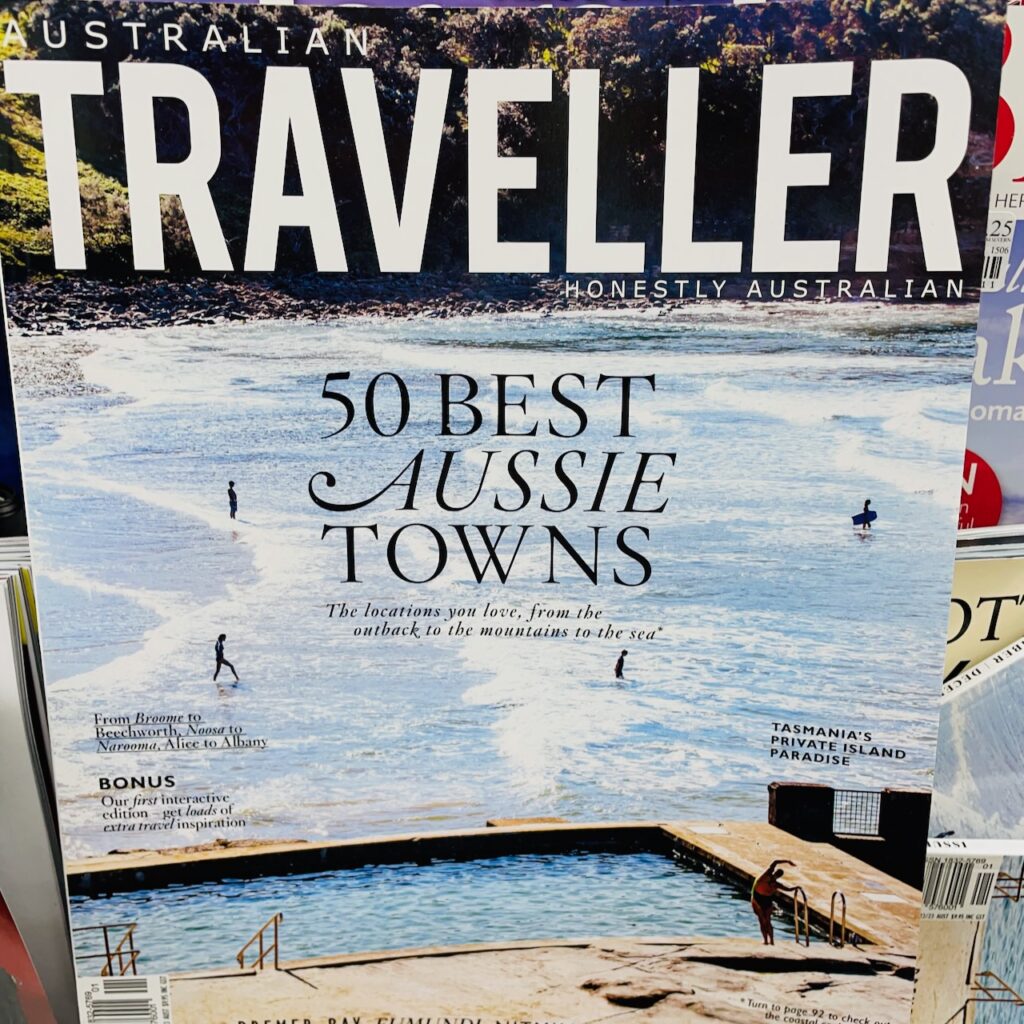
Now maybe my words are not perfect, but they are different to what one might expect for a magazine pitch. I’ve tried to make it funny as that’s what tends to get engagement on social media.
I mean it, though – this issue is a perfect gift to send to family and friends overseas. It’s a well produced and inspiring ad for Australia, in the format of an indie magazine.
I think it’s important that newsagents who value magazines pitch specialty titles outside of their businesses. This is what I do, primarily for our Malvern business where magazine revenue is close to $500,00 a year – and it’s in the specialty magazine segments where we are seeing wonderful growth.
I have evidence of quirky social media posts attracting shoppers to the business.
Now, there will be some who say that the 25% GP we make from magazines is too low. It is, for sure. But try as we might, those who control the percentage are unlikely to change it for us. So, we have to make from this what we can, which in my own case is a volume story that aggregates valuable margin dollars to bank for the business.
Back to this issue of Australian Traveller magazine, I really do think it is a good give to send overseas. It’s a postable gift, which is a bonus.
If you have the title, pitch it on social media. Play with your own words. have fun.
I have shared this to reinforce that any newsagent can achieve this percentage growth, and to show that every day, I walk the walk in my own newsagency businesses.
There are plenty who tell newsagents what they should do and how they should do it, including me. Only a few of those are practitioners themselves.
Both Reject Shop outlets I have visited recently have had a significant number of empty pockets in their everyday section. Christmas was well stocked.
I am surprised at these everyday empty pockets in that this is the bread and butter of greeting cards. It made me wonder if supply chain issues were impacting them.
It’s not a concern, more an observation. I’m sure newsagents nearby would be happy for empty card pockets at a Reject Shop.

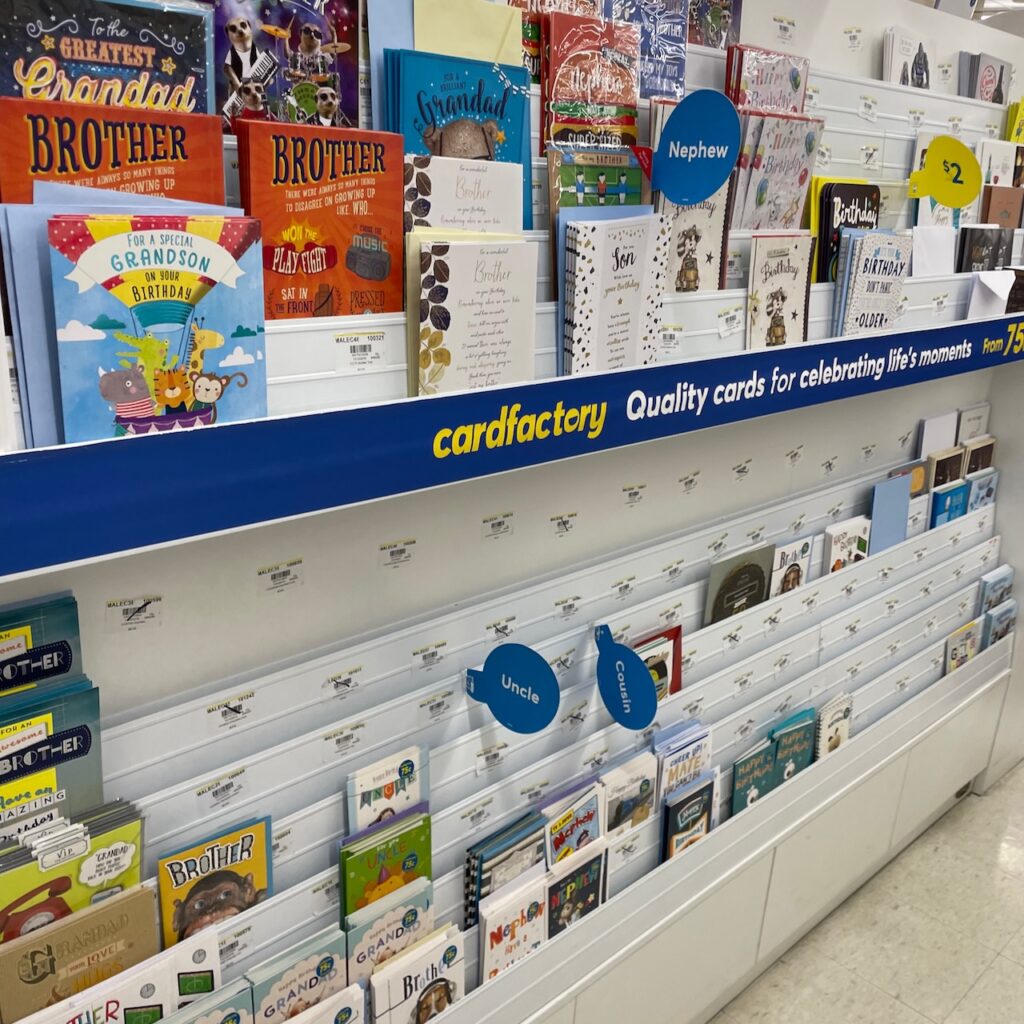
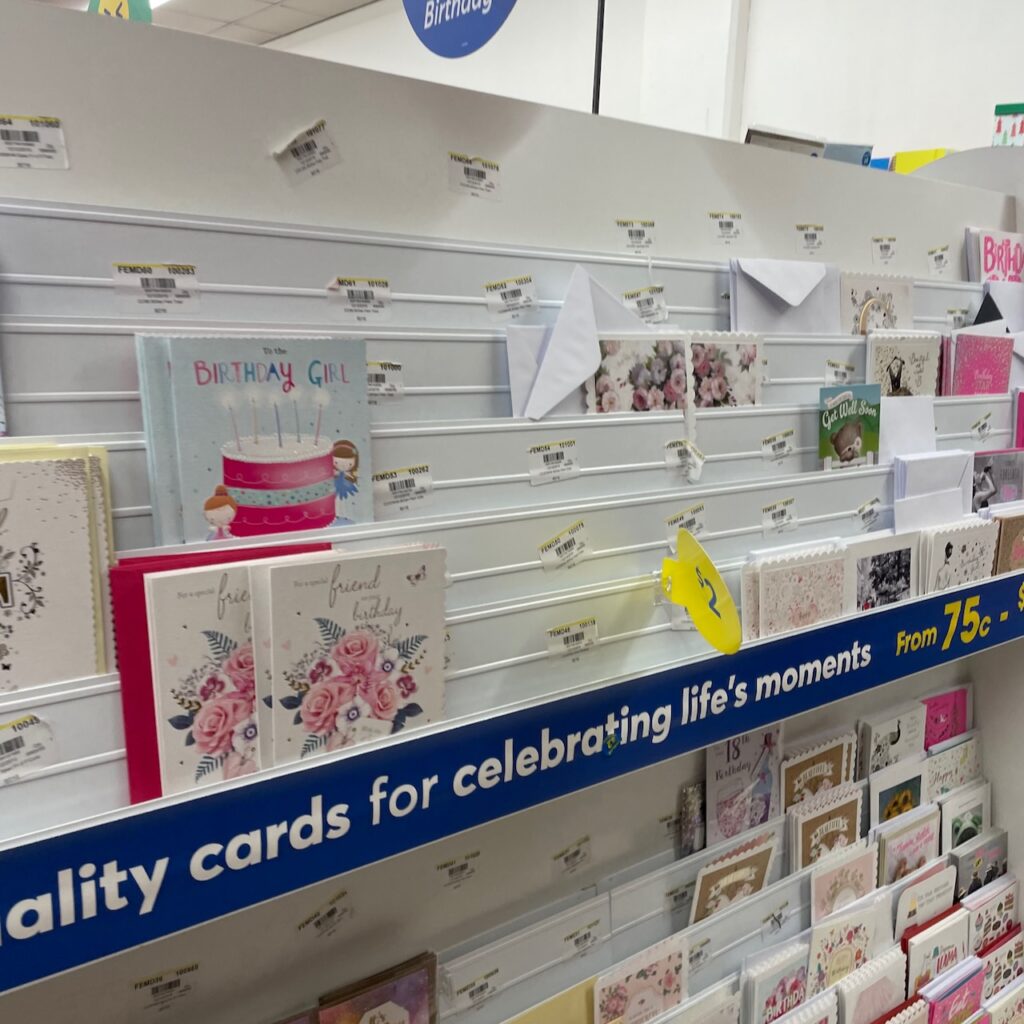
Seeing these empty pockets was a reminder about the importance of being on top of card orders. A few empty pockets near each other can send shoppers elsewhere for cards.
We are a few weeks into the free Christmas card promotion and customers are loving them. While they love the gift of the card, is is the intent of each card that catches their hearts.


This second card has also been bought by customers who want to pass it onto friends for them to use on Christmas Day.
In creating these opportunities, I wanted to provide retailers with something they could give that could nurture a feeling or joyfulness in what can be a stressful and busy time of the year.
Often, people are not aware of the gift opportunity when at the counter. The reactions have been wonderful.
Historically in our channel, we have offered hamper prizes or the opportunity for a cash price is customers buy this or that, or spend a certain amount. This promotion is accessible to everyone. It is modest, and personal.
I am grateful to have this to differentiate from the other card shops nearby.
NSW newsagents have a terrific opportunity with the Back to School vouchers. To participate, you need to register with Services NSW. Parents can get three $50 vouchers for each school-age child.
Newsagents using the Tower Systems newsagency software can access advice on setting up for receiving vouchers as a form of payment and how to handle vouchers in a sale transaction.
My advice to newsagents is to gently pitch that you accept the vouchers on your social media pages as well as in-store. Also, ensure that all team members know you accept the vouchers and how they should process them.
Parents and carers can start using the vouchers now. I think being early in your pitch is key here.
The Services NSW website lists what vouchers can be used for, including these stationery items:
The other important note is that you can’t give change for a voucher. If any value is left, it is forfeited.
These vouchers are a terrific opportunity for local newsagents and now is the time to embrace the opportunity, not after Christmas, not in the New Year.
Our small suburban newsXpress business in Mount Waverley sold $9,000 worth of charity boxed Christmas cards over the 30 days of November 2022.
80% of the boxed Christmas card sales were to online shoppers.
Online purchases of boxed Christmas cards have taken off for us this year, after already terrific sales in 2021 and 2020.
We are not doing anything special. Any retailer of boxed Christmas cards could do this from any location.
But having said that, we do carry a broad range, describe the cards so they are found through Google searches and we regularly pitch on social media, leading with the charities the cards support.
There are some in our channel who say that online is a small part of newsagency businesses and that most newsagents ts are not even doing online. I think these types of comments are ignorant and designed to discourage newsagents engaging in online.
Again, what we are doing in this newsagency in suburban Mount Waverley any newsagent, any retailer, could do.
The thing is, what this business is doing with charity boxed Christmas cards is only part of the online story. This business has already passed $300,000 in online sales this year. No, that is not a typo, $300,000 … of good margin sales.
The detail of what we are doing is part of the DNA of newsXpress, in the advice it provides for store specific websites – about range, margin opportunities, product descriptions, online marketing, and plenty more. What we are doing in this business we are also doing in another business, for a different category of products, with similar success.
Online retail is strong, but competitive, high-value, but challenging. It is an opportunity to play outside the constraints of the shingle, an opportunity to leverage space and labour to improve the return on these business costs.
To be clear, a newsagent selling online does not have to restrict what they sell to what is sold in a newsagency. We are in some of our businesses, but not in others.
Once you have established yourself online, thanks to excellent insights data and captured customer data it is easy to grow at a faster rate than in a physical store.
I get that plenty of newsagents will read this and think they cannot achieve the same. You will never know if you stand still.
There remain many online opportunities that newsagents can leverage to drive the value of their businesses and to improve the efficiency in their use off labour, space and more in their businesses.
Important footnote: The value of the online boxed Christmas cards purchases goes beyond the cared themselves. These shoppers do put other things in the basket – not all but plenty, making their shopping with us even more valuable.
Second footnote: This is a business without lotteries and without magazines FYI. I mention that to reinforce-orce that we do not have two key and newsagency-traditional traffic drivers in the business.